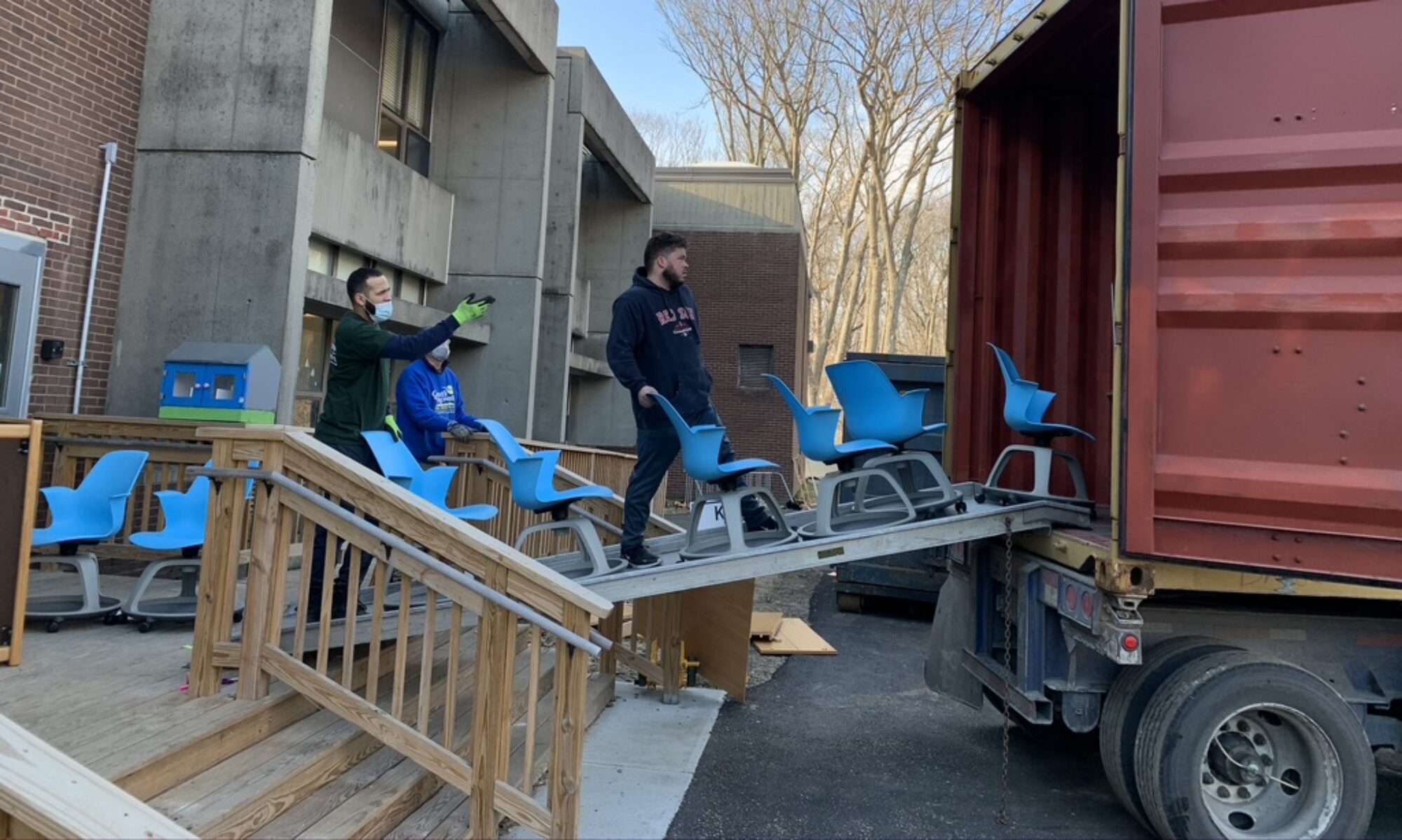Boston.com recently published a couple of anti-recycling columns by Jeff Jacoby. I can’t bring myself to write down the link. If you want you can find them easily enough. They’re standard diatribe. Recycling is a pain in the neck. Recycling costs more than throwing stuff away.
Backed by standard sources for persons with Mr. Jacoby’s point of view: The Heartland Institute (Wikipedia: “The Heartland Institute questions the scientific consensus on climate change, arguing that global warming is not occurring and, further, that warming would be beneficial if it did occur.”); the Policy and Environment Research Center (“PERC claims that government policy is the root cause of much environmental degradation.”). Neutral sources, like the Pope is neutral on contraception.
The central problem with Mr. Jacoby’s argument, and almost all of the invective thrown at recycling, is that it regards trash as waste. And yes, probably the cheapest way to get rid of something that’s a waste is to compact the heck out of it and toss it into a hole in the ground. Mr. Jacoby’s solution.
But in fact, trash is resources. Paper is a highly engineered product, as is aluminum, as is steel, as is plastic, glass, wood. Ignored by the Jeff Jacobys of the world is the fact that these resources are extracted and produced at a huge economic and environmental cost, and that this finite globe of ours is quickly running out of many of them.
Here are some of the things the Jeff Jacobys conveniently forget:
To make (non-recycled) paper, you have to cut down lots of trees, and you don’t cut them down from real forests that support real populations of birds and animals. You cut them from plantations that are all the same species and all the same age; think cornfields. More and more, you cut them down in places like Brazil or Indonesia where labor is cheap and environmental laws are slim. Making (non-recycled paper) uses nasty chemicals and lots of energy. Most of the jobs that come with making (non-recycled) paper come in places that are far away.
To make recycled paper, you don’t cut down trees, you don’t turn forests into plantations, you use a lot less energy, you use (and throw away) a lot less chemicals. And most of the jobs that come with recycled paper are close to home.
To make (non-recycled) steel, aluminum and other metals, you dig huge holes in the ground (from which you waste about 98% of what you dig up). You use huge machines and factories, with huge environmental impacts and energy consumption. Almost all of these holes in the ground, machines, and factories are in places overseas where labor is cheap and environmental laws are slim, and that’s where the jobs are, too.
To make recycled steel and other metals, you don’t dig holes in the ground, you don’t need giant machines and intensely polluting factories, you use a small fraction of the energy, and most of the jobs are local.
To make (non-recycled) plastic, you start with oil. If I’m not mistaken, the story that dominated Mr. Jacoby’s own newspaper for several months this year had to do with an oil spill – the risks we take every day filling up our cars and using plastics we don’t recycle, and the incredible cost when something goes wrong. To make recycled plastic, you don’t need an oil well.
When you finish with a newspaper or a cereal box or a soda bottle or tin can, you are holding a valuable raw material. The real question is, what’s the best way to get that raw material into the economy. Is it to dig holes or cut down trees or build big factories far away, or drill another oil well? Or is it to move the resource a few miles to a place it can be reprocessed and put back into the economy locally, creating local jobs and supporting local economic activity on the way?
We have invested a huge amount of money over hundreds of years into the systems that turn virgin raw materials into products. Comparatively, we have invested very little money and very little time into systems to turn used products back into new products. The reason recycling can be made to appear so inefficient is that we give it such scant attention; we treat it as a way to handle waste, not as a way to produce raw materials.
Mr. Jacoby opened his column with a good point: Recycling can be a pain in the neck. Having lived recently with a real pain in the neck (camping trip, crappy pillow), I’m pretty sure the sensible response is not “Kill the whole body.” The sensible response is, “Fix the pain in the neck.” Recycling is a sensible and cost-effective way to get valuable resources into the economy. It takes thought and effort, more thought and effort than writing a column of criticism, but the return is worth it.
